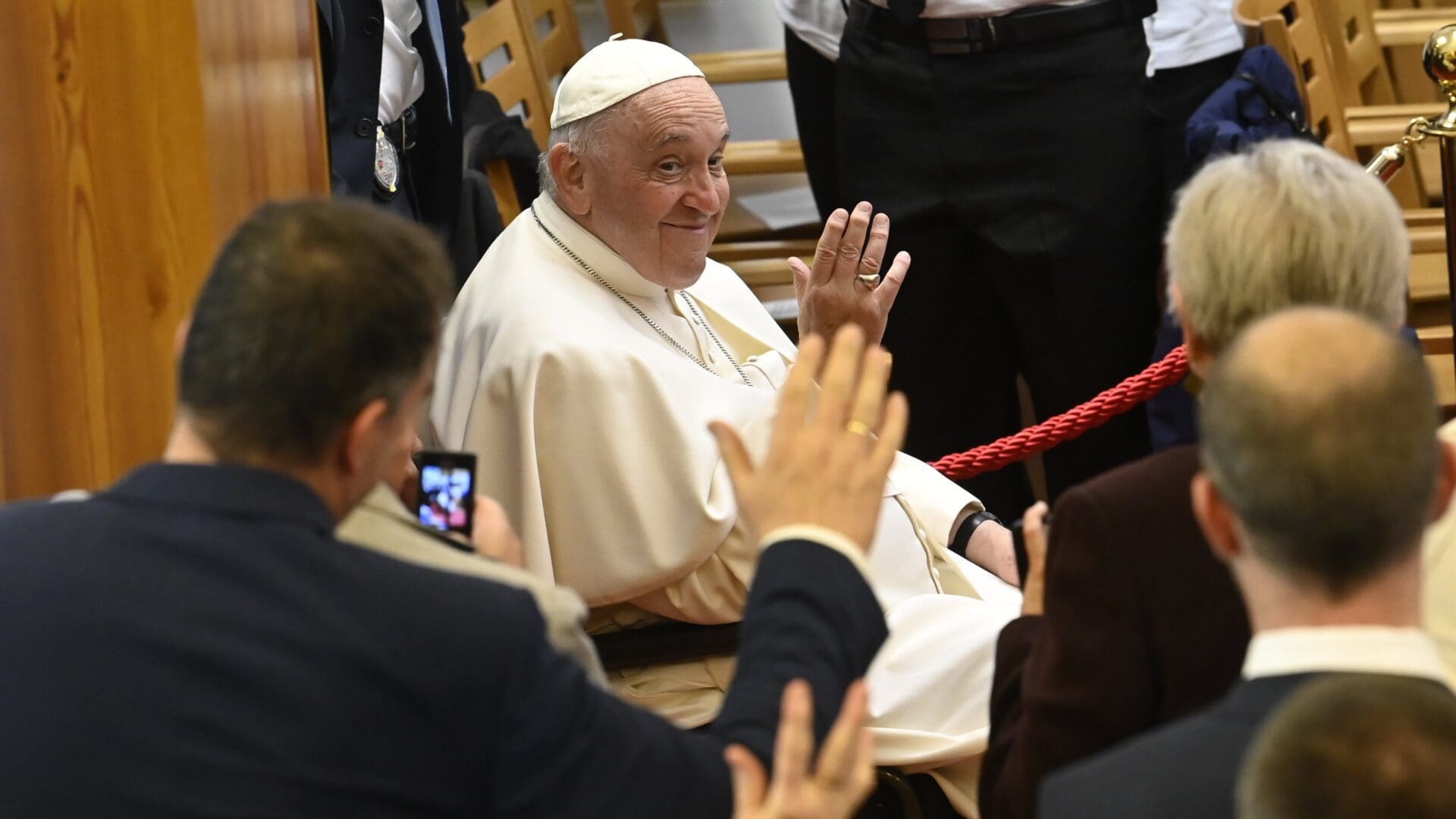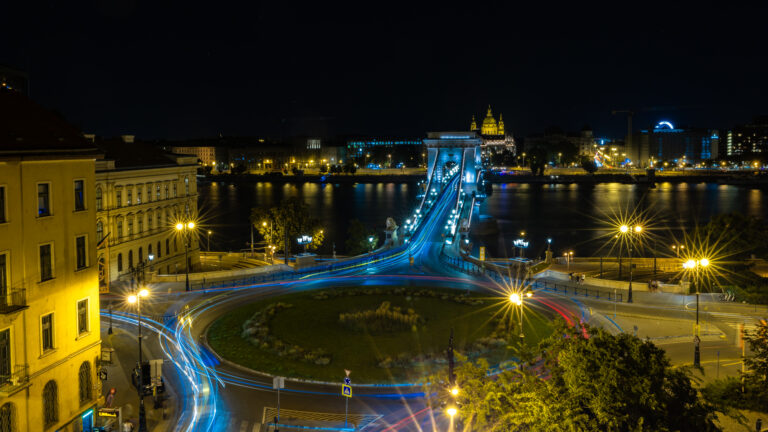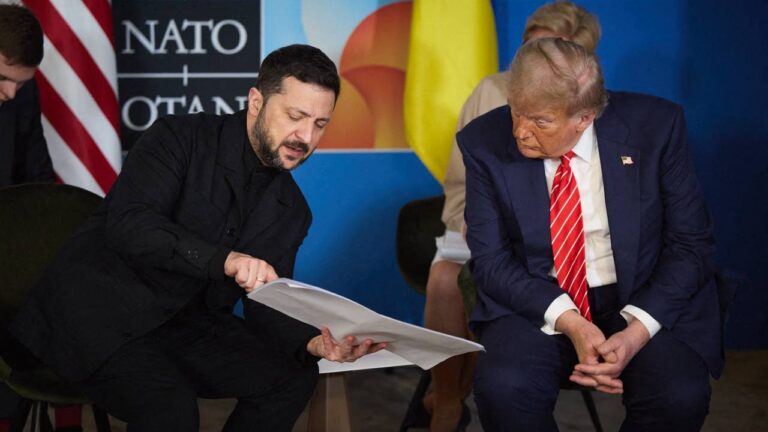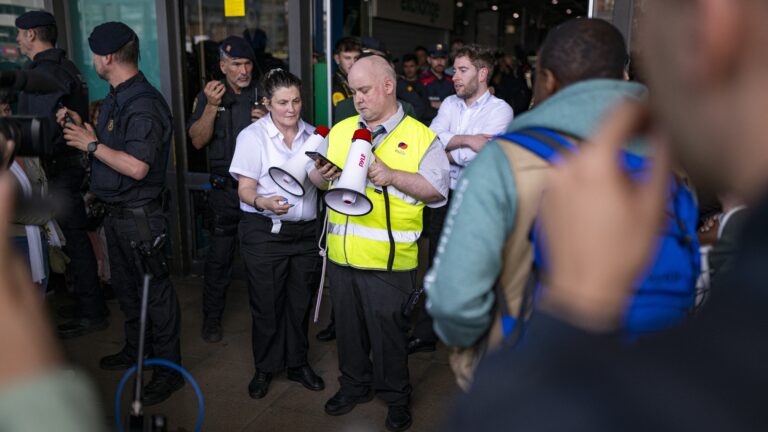Pope Francis, in his three-day trip to Hungary, referring to the war in Ukraine, stressed peace will never come from the pursuit of strategic interests, but from a policy that is able to put everyone’s interests first, looking after the people, the poor and the future.
Quoting Robert Schuman, one of the founding fathers of the European Union, who as a member of the French resistance during the Second World War was captured and imprisoned by the Nazis, he said ‘world peace can only be preserved if we make creative efforts commensurate with the threats to it’.
The Pontiff then added that in the present historical period, we are facing countless threats, ‘but where are the creative efforts for peace’? He went so far as to
blast the ‘adolescent belligerence’ that brought war back to Europe
and said the continent must rediscover the ‘European soul’, its founding spirit of peaceful unity to confront Russia’s war in Ukraine.
The Pontiff pointed out that in a Europe of 27 nations, what is needed is harmony, which is the real sense of democracy, a whole that ‘does not overwhelm the parts, and parts that fit well into the whole’.
What is the ‘European Soul’?
The ‘European soul’ Francis spoke of ‘is not a continent that can be comprehended neatly in economic or geographical terms, but, as then Cardinal Joseph Ratzinger said, ‘it is a cultural and historical concept’.[1]
Europe ‘constitutes, for its citizens, an entire living space, a way of being together by different peoples that is founded on a mutual ordering of faith and reason’,[2] i.e., an encounter of Christian faith with the heritage of reason coming from Greek philosophy and Roman jurisprudence. This engagement, through which the Christian faith became oriented to philosophical reason, provided a cultural-spiritual foundation to the European community, i.e, Christian moral values as a guide for daily living that served—and must still serve according to the former Pontiff—as the criterion for judging whether something may be deemed authentically European or not.[3] This concept has been altogether been suppressed by the EU.
The Anti-European Policy of the EU
The EU claims it has a deep commitment to democracy. However, in recent years, it has castigated the sovereignty of nations, such as Hungary and Poland for upholding their Christian roots, accusing them of backsliding toward authoritarianism. In 2019, Hungary, for example, became the only EU member state ever to be downgraded by Freedom House, an organisation that measures democracy, to the status of only a ‘partly free’ country. This, in part, came as a result of so-called socio-political saying that Hungary, under Prime Minister Viktor Orbán, is nothing other than a ‘competitive authoritarian regime’ or ‘pseudo-democracy’—a hybrid authoritarian regime that maintains formal democratic institutions but fails to meet the minimal standards for democracy.
The EU, as a result, called for fines against Hungary ‘for failing to comply with a ruling by the bloc’s top court on its treatment of refugees and handling of asylum claims’. This was after Orbán’s ‘Stop-Soros’ legislation came into effect, which blocked illegal immigration into the country. The truth of the matter is that
Hungary has not taken a stance against foreigners lawfully entering its domain.
In fact, hundreds of thousands of Ukrainian refugees feeling the war in Ukraine have been allowed to enter Hungary, notwithstanding Kyiv’s discrimination of the 150,000 ethnic Hungarians that live in Ukraine.
Hungary has also had a strained relationship with the EU over its pro-family legislation, the Child Protection Act and the Family Protection Act. Portrayed by the mainstream media and most member states of the EU as an anti-LGBTQ human rights law—the Hungarian body politic in its pro-family campaign has restricted the activists’ propaganda to promote homosexuality or gender change to minors in schools, in advertisements, and even on TV shows before the ten o’clock in the evening.
What is occurring is a Europeanisation, or rather a de-Christianisation of Europe.
It is a re-conceptualisation by the EU not as a superstate or an organisation of states, but as a multi-level, contested polity without precedent, as if the EU were to be a sovereign nation-state with an atheistic doctrine as its foundation. Its priorities are not those of the common good of society as stipulated by St. Thomas Aquinas, but as seen by last year’s deal to effectively ban new combustion-engine cars from 2035—an implementation of the United Nation’s Agenda 21 to foster sustainable development, which would in turn call to depopulate the human species—to impose via its legislation or soft law anti-natural and hedonist policies, such as abortion, same-sex unions, transgenderism, and the like.
And, because the locus of governmental power and authority in continental Europe has now been shifted to a left-wing elite in Brussels, the individual member states’ national interests have become embroiled in a EU policy formation that challenges the heart not just of representative democracy, but of the dignity of the human person created in the ‘image and likeness’ of God. (Genesis 1, 26)
The Pope’s Appeal
Indeed, Francis described such aforementioned policies as ‘ideological colonisation’ efforts to promote acceptance across Europe of ‘so-called gender theory’, which sees gender as a social construct rather than a biological fact, and ‘reductive concepts of freedom, for example by vaunting as progress a senseless ‘right to abortion’, which is always a tragic defeat…. How much better it would be to build a Europe centred on the human person and on its peoples’—pointing positively to Hungary’s pro-family policies that encourage married couples to have children.
In the face of the challenges of the modern world,
the Pope warned against the two contrary temptations of ‘bleak defeatism’ and ‘worldly conformism’.
He thus reminded everyone that we ‘must always be on guard’ not to yield to the temptation to become defeatists ‘who insist that all is lost, that we have lost the values of bygone days and have no idea where we are headed’; and to combat ‘bleak defeatism and a worldly conformism [with] the Gospel [that] gives us new eyes to see’ as well as discernment that enables us to ‘approach our own time with openness, but also with a prophetic spirit’.
[1] Joseph Ratzinger, Europe Today and Tomorrow. San Francisco, Ignatius Press, 2007, 11.
[2] James Corkery, S.J. Joseph Ratzinger’s Theological Ideas: Wise Cautions and Legitimate Hopes. Dublin, Dominican Publications and Mahwah, Paulist Press, 2009, 117.
[3] Ibid, 117-8.








